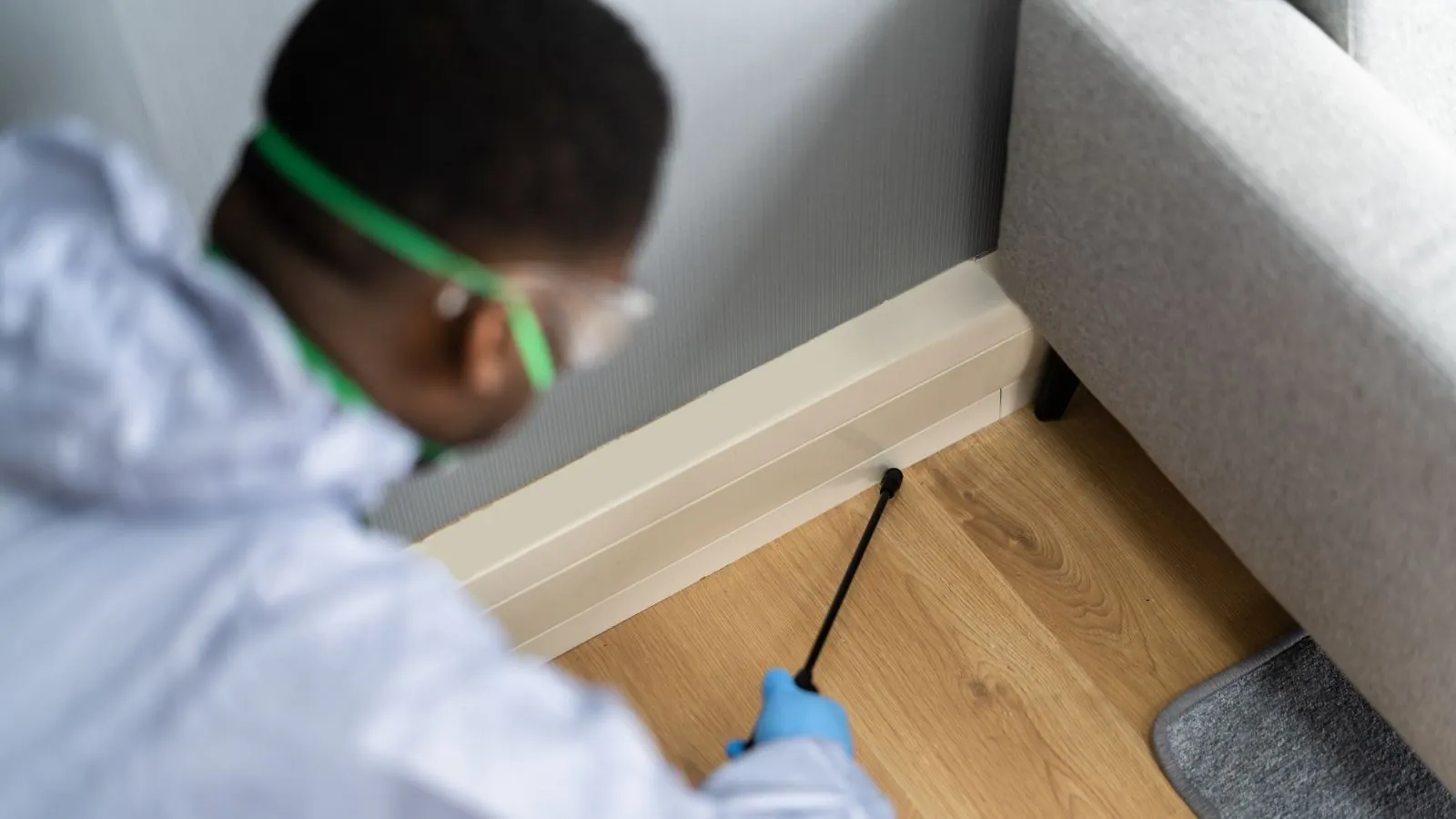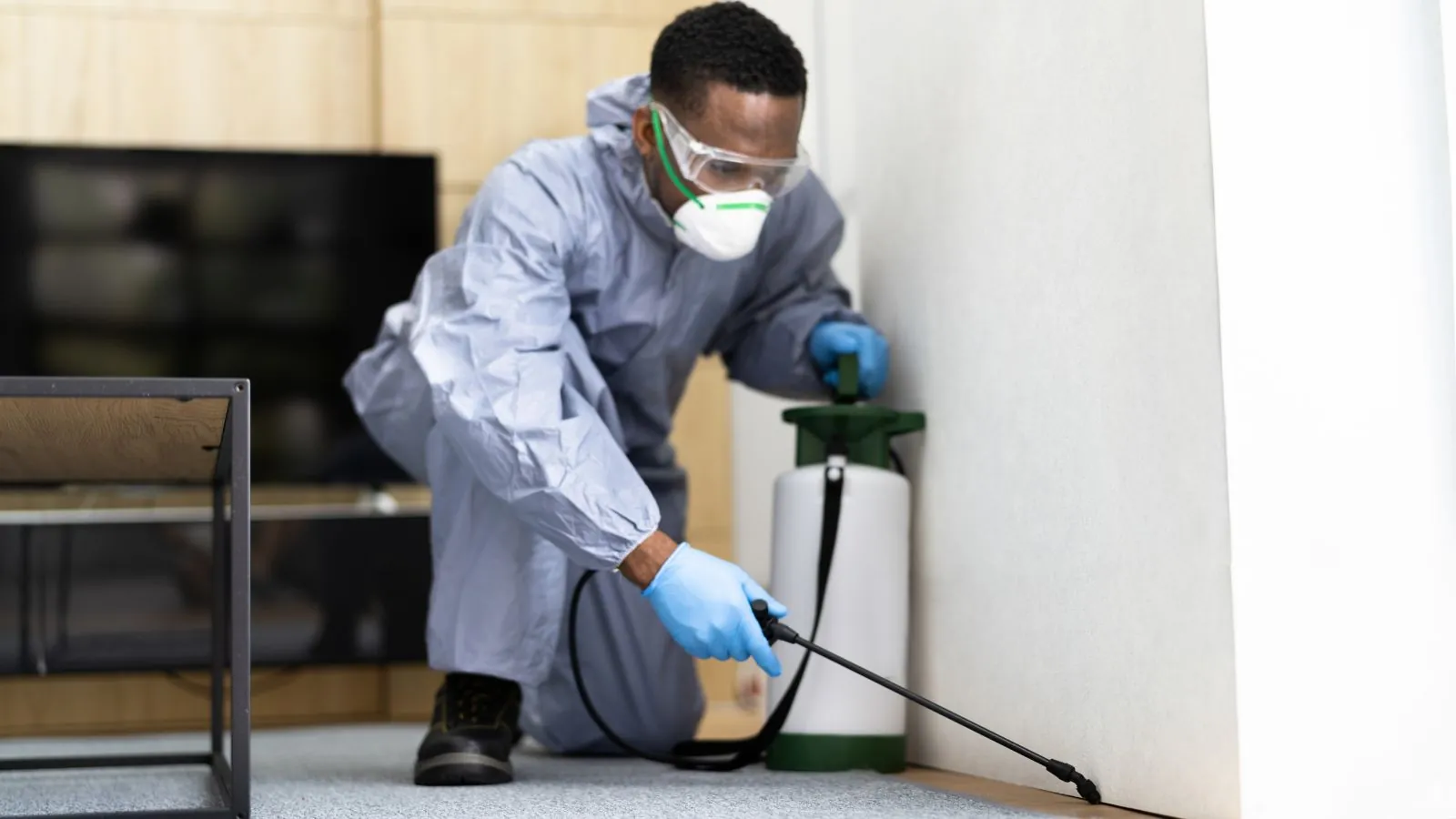Minneapolis residents often contend with a variety of household pests that can disrupt daily life and cause damage to homes. Ants, rodents, and spiders are among the most common invaders, creating challenges that require attention. Understanding these pests is crucial to maintaining a safe and comfortable living environment.
Pests are an inevitable part of urban living, affecting households across different neighborhoods. These unwanted guests not only cause discomfort but also pose potential health risks if left unchecked. While many residents attempt to tackle these nuisances themselves, sometimes the problem requires more comprehensive approaches. Minneapolis pest control plays a pivotal role in managing these issues efficiently, ensuring homes remain free from harmful infestations.
Common Household Pests
In many urban areas, household pests like ants, rodents, and spiders find their way into homes searching for food and shelter. Ants are particularly notorious for invading kitchens and pantries, drawn by crumbs and spills. These insects can quickly form large colonies, making them difficult to eradicate without proper intervention. Rodents such as mice and rats pose even greater challenges, as they can chew through electrical wiring and contaminate food supplies.
Spiders, while often less immediately threatening, can still be a source of concern for many homeowners. Some species are venomous, posing health risks to those bitten. Additionally, the presence of webs and egg sacs can be unsettling. Identifying these pests early on is essential for effective management, as it allows homeowners to take appropriate measures before infestations become severe.
The challenges these pests present are significant. They can lead to costly damages and create unsanitary conditions if not addressed promptly. Understanding the types of pests commonly found in homes helps residents prepare and implement effective prevention strategies.
Impact On Homes
The impact of pests on homes extends beyond mere inconvenience; it includes potential structural damage and health hazards. For example, rodents gnawing on wires can increase fire risks, while their droppings may harbor harmful pathogens. Similarly, ant infestations can undermine wooden structures by burrowing into them, weakening the integrity over time.
Health concerns arise from direct contact with pests or their waste products. Some people experience allergic reactions or asthma exacerbations due to exposure to cockroach feces or dust mites. Venomous spider bites can cause serious medical issues if not treated quickly. Thus, recognizing early signs of pest presence is crucial in mitigating these risks effectively.
Preventive measures play a significant role in minimizing these impacts. Regular inspections and maintenance can help detect potential entry points or signs of infestation early on. Homeowners should prioritize sealing cracks and crevices where pests might enter while maintaining clean environments that deter these unwanted visitors.
Effective Pest Management
Addressing pest issues proactively involves adopting both preventive practices and responsive strategies. Simple steps like keeping food stored in sealed containers and maintaining cleanliness in kitchen areas can significantly reduce ant problems. Regular vacuuming also helps eliminate crumbs that attract pests into living spaces.
For rodent control, setting traps near known entry points or high-traffic areas is effective when combined with sealing gaps that provide access from outside. Spider management may involve reducing clutter where they might hide and using insecticides specifically designed for indoor use as needed.
When infestations become unmanageable or severe health risks are identified, seeking professional assistance becomes imperative. Pest control experts offer tailored solutions that address specific problems while ensuring safety for residents and pets alike.
The presence of household pests is a persistent issue requiring vigilant attention from homeowners. Understanding the common types of nuisances that invade living spaces allows individuals to take proactive steps in preventing infestations before they escalate into significant problems.
By adopting comprehensive pest management strategies and recognizing when professional help is necessary, residents can protect their homes effectively from unwanted invaders. Taking action today ensures peace of mind tomorrow by safeguarding both property and health against potential threats posed by common household pests.





